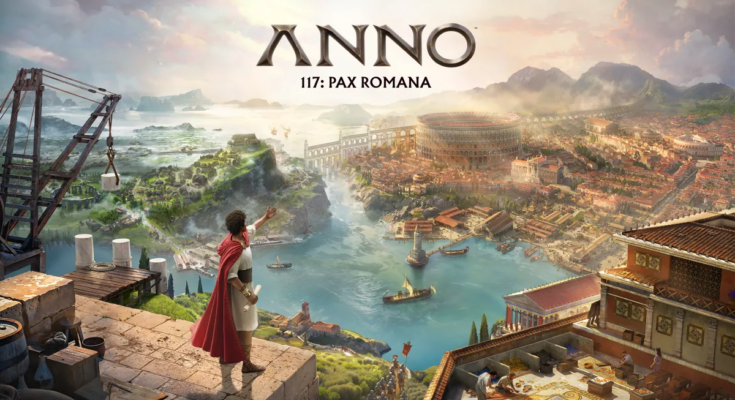Things became very complicated, for example, when the island on which we built our settlement was not fertile enough to grow the herbs necessary for sausage production. To do this, we must first send a ship and settle on another island, then start from scratch (wood, houses, bricks, bread, etc.) so that in the end we can harvest herbs for sausages and use them on other islands that we run and maintain the production chain.
For the first time in “Anno” history, players can choose their starting province. Lazio, the heart of Rome, displays Mediterranean flair: lavender fields, blue waters and sunny views. Here you can build and do business in a relaxed manner.
Albion, by contrast, the Celtic wetlands of modern England, required far more strategic skill. Mist-covered swamps, barren landscapes and limited building space make every square meter count. The dark atmosphere offers an interesting contrast to Lazio and forces you to think again. This is a welcome change and is also visually impressive.
The main innovation was the romanization system implemented in Albion. As Roman governor, players can decide whether they want to honor local Celtic traditions or uphold Roman values. Both routes have advantages and disadvantages and affect the availability of buildings, goods and population groups. This means that the system offers interesting decision-making options and replay value, as different approaches require different strategies.
An important innovation in “Anno 117” is a research tree with three main branches: economics, civil society and military. To unlock discoveries, players must generate knowledge by building special buildings such as schools or theaters. Deciding which technology to prioritize will benefit different playing styles through appropriate bonuses, but requires a lot of foresight and strategic planning.



